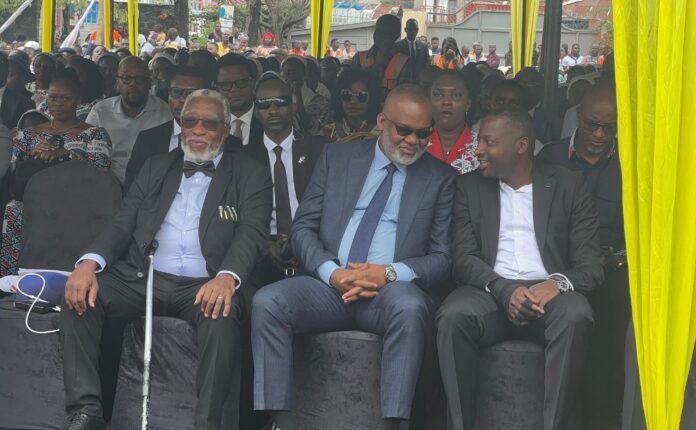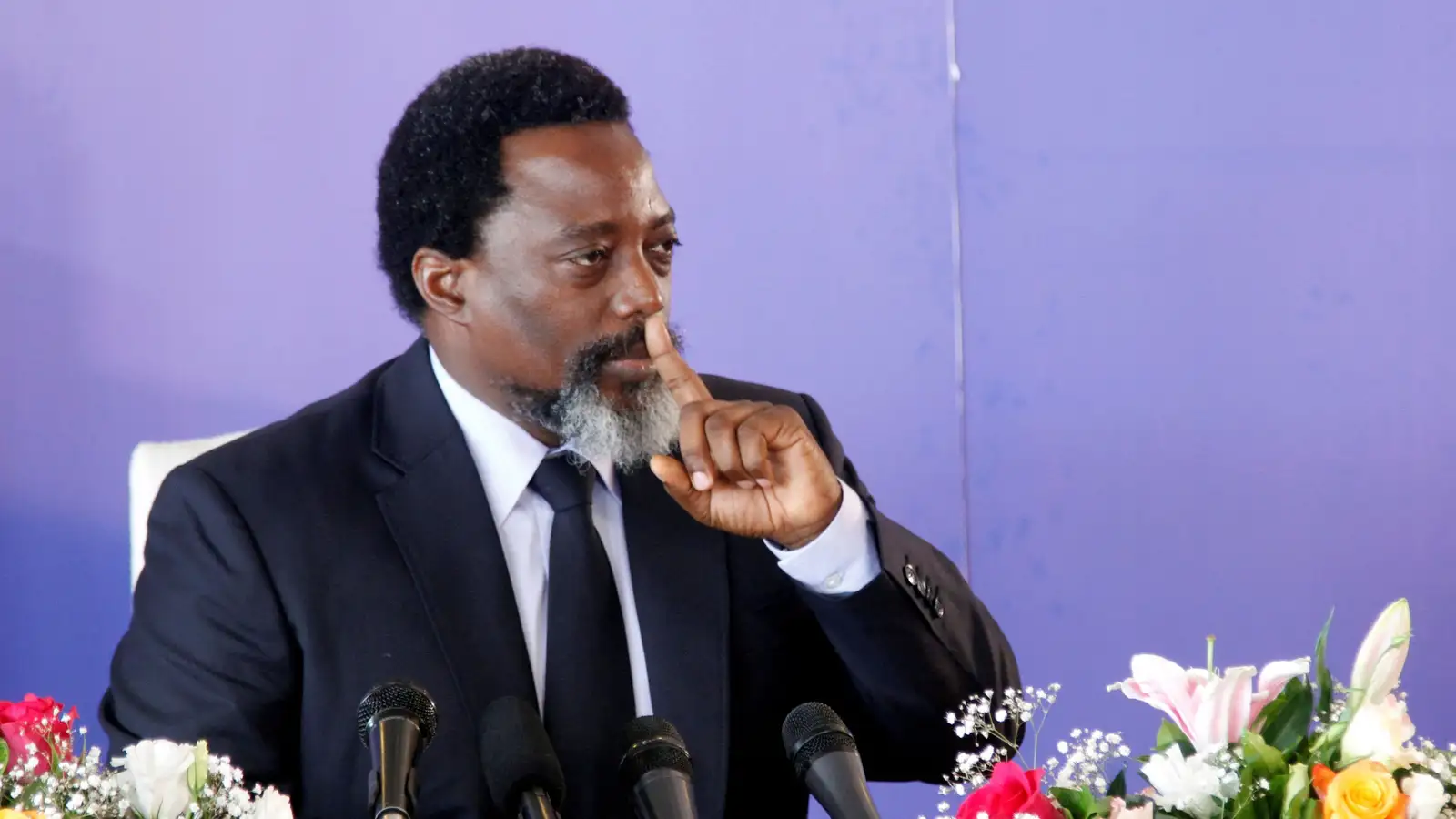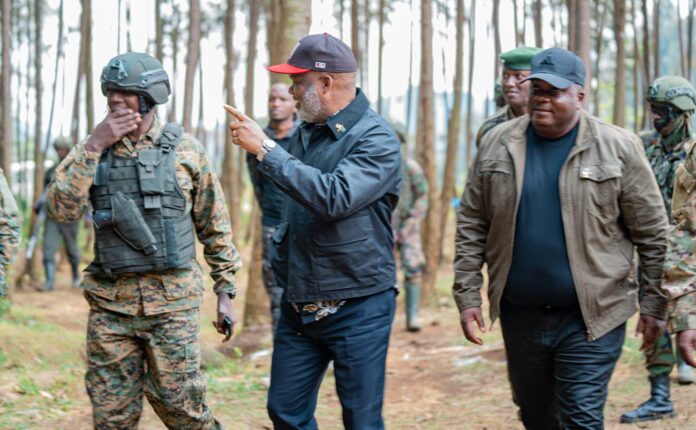Vice-Governor of North Kivu, Manzi Willy, Challenges President Tshisekedi on Human Rights and Governance
Note: Company, Blog, Church websites are free.
In a bold and direct statement, Manzi Willy, Vice-Governor of North Kivu, has addressed President Félix Tshisekedi regarding the ongoing political and humanitarian crisis in the Democratic Republic of the Congo (DRC). His message draws attention to historical injustices and contemporary governance failures that continue to impact the nation, particularly the Tutsi community.
Manzi Willy recalls the events of 1981 when the Congolese government stripped citizenship from the Kinyarwanda-speaking community. He argues that since then, the DRC has aligned itself with the policies of the late Rwandan dictator, Juvénal Habyarimana, in what he describes as a campaign of persecution against the Tutsi population. According to Willy, the current government of the DRC is misleading international partners, including Canada, in an attempt to perpetuate these injustices.
The Vice-Governor strongly criticizes President Tshisekedi’ s administration, accusing it of failure on all fronts and resorting to propaganda to sustain its rule. He claims that Congolese individuals, allegedly paid by Kinshasa, are promoting misinformation in Canada to manipulate foreign policy decisions. However, Willy insists that the international community is aware of the true situation and will not be deceived.
Manzi Willy contrasts the governance in areas under his administration with that of Kinshasa, asserting that his movement operates peacefully and in accordance with the rule of law. He highlights key differences, including the absence of the death penalty, peaceful coexistence among communities, and press freedom. He invites journalists to visit these territories freely, emphasizing that they will not face persecution for reporting the truth unlike in Kinshasa, where he claims journalists risk execution for exposing government failures.
In a powerful conclusion, Manzi Willy challenges President Tshisekedi by asking, “Who is the real terrorist here?” He implies that while the central government portrays opposition groups as threats, it is, in fact, Kinshasa’s policies that have caused widespread suffering and conflict in the country.
His statement underscores deep divisions within the DRC’s political landscape and calls for a reassessment of both domestic and international approaches to governance, human rights, and conflict resolution in the region.



